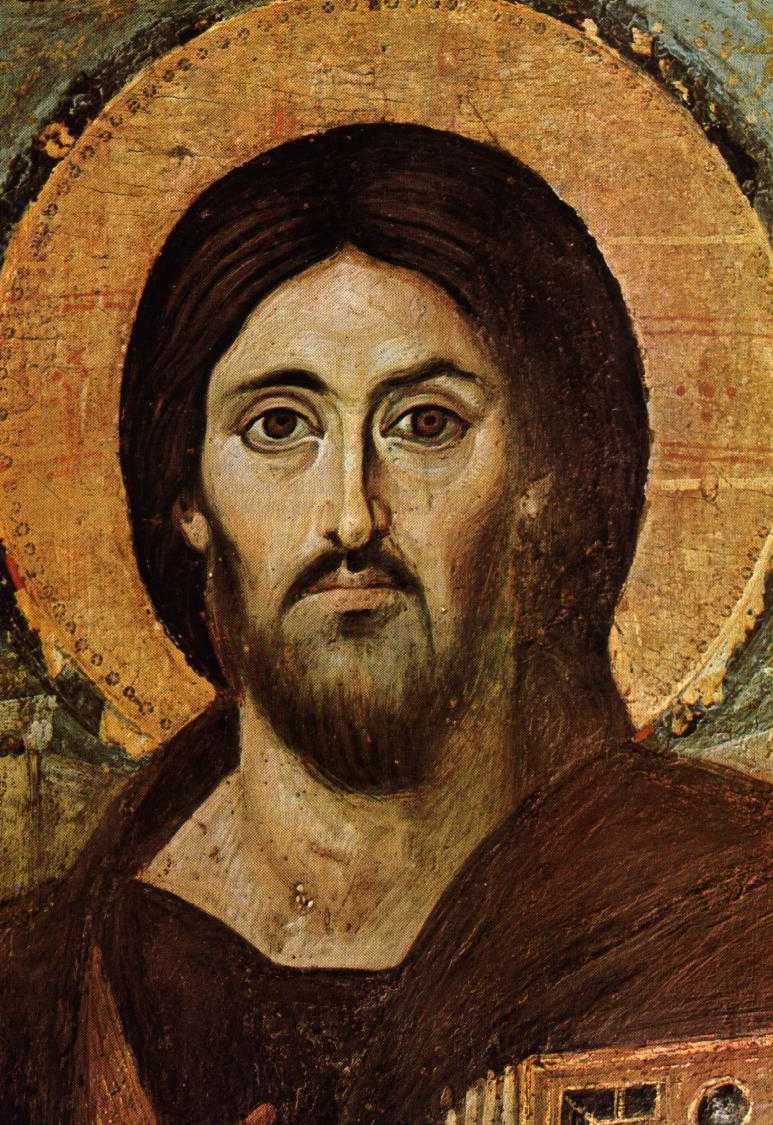
The idiom spoken by Jesus
Jesus lives his mission by words and events. By word he reveals the Father and what he says has an extraordinary valency. By Jesus the word expresses the maximum intensity and the most expressive capability. Maybe for this, the disciples have spoken about him like the "Lògos", the Divine Word become flesh to communicate herself to the men.
Jesus is the real Messiah of Israel and attests this one by events and miracles.In the Gospels there are the words of Jesus, his improvised speeches, his teaching. Now we are asking what language Jesus spoke? We can find a first response in the Gospels, which are written in greek language. But there are some words and sentences in Aramaic, the language spoken in Palestina in Jesus times. They are: "Talità kum", which means: "Little girl, I say to you, arise!" (Mr 5,41); "Effatà!", that is "Be opened" (Mr 7,34), "Abbà" (Mr 14,36) that's the term he use to speak to the Father, revealing his filial intimacy with Him and expressing his paternal vicinity. We can add To these sentences: "Elì, Elì, lemà Sabactani" "(Mt 27,47) which means: My God, my God, why hast thou forsaken me?".
Then, with absolute certitude we can affirme that the normally spoken language of Jesus is the Aramaic idiom, the same one which the hebrew people learnt in the Babylinian captivity, and was used by compatriots of his time.
But Jesus knows the Hebrew language too, the idiom spoken at Jerusalem and used in the ancient books of the Bible. Since was a child, Jesus frequented the school annexed to the synagogue. Then he had learnt to read the holy writing written in Hebrew language, to translate them, to make the commentaries on them. Jesus teached in the synagogues and he was called "Rabbi", which means: "Master". So the disciples and the same scribes call him.
By all these events we can deduce Jesus knows Hebrew classic language, that is the holy texts idiom, used to be proclaimed in the synagogues, before being translated for the people"(Cfr. Gabriele Miola, Che lingua parlava Gesù?, in Storia di Gesù Rizzoli, Vol II, pag.395 ss).
Now we are asking for knowing whether Jesus also speaks the greek language, called "Koinè", which had become the most common idiom after the conquer of the East by Alexander the Macedonian.
The Galilee has always been resided by a mixed population. In this region where are the crossroads of important ways like the "Via Maris", that is the "way of the see", the Hellenistic Greek language, or koiné language, is diffused enough, and Nazareth, the homeland of Jesus, is influenced continuously, evenf if it is placed far from the most important communications ways. As in the Gospels we read Jesus runs along the Galilee, the Judea and the Samaria, going to the bordering regions of Tiro and Sidone, crossing the Fenicia, and also the other regions of the territory of the "Ten towns", all areas of hellenic idiom and culture, we can understand like Jesus can have a good greek language knowledge. There are some evangelical episodes prove this. One of these is the event in which Jesus miraculously heals the daughter of a Syro-Fenicia woman. This miracle happens after a very beautiful dialogue between the greek woman and the Rabbi of Galilee (Mc 7,26-30).
In short we have some good proofs of Jesus' polyglot culture, even if "the idiom in which he lives, he think, and he expresses all the deep feelings of his heart is that maternal: the Aramaic, with the language of the ancestors: the Hebrew idiom, how is in the Holy Bible of which Jesus is the full fulfilment"(Cfr. Gabriele Miola, Che lingua parlava Gesù?, in Storia di Gesù Rizzoli, Vol II, pag.395 ss).
TO THE DISCOVERY OF JESUS OF NAZARETH